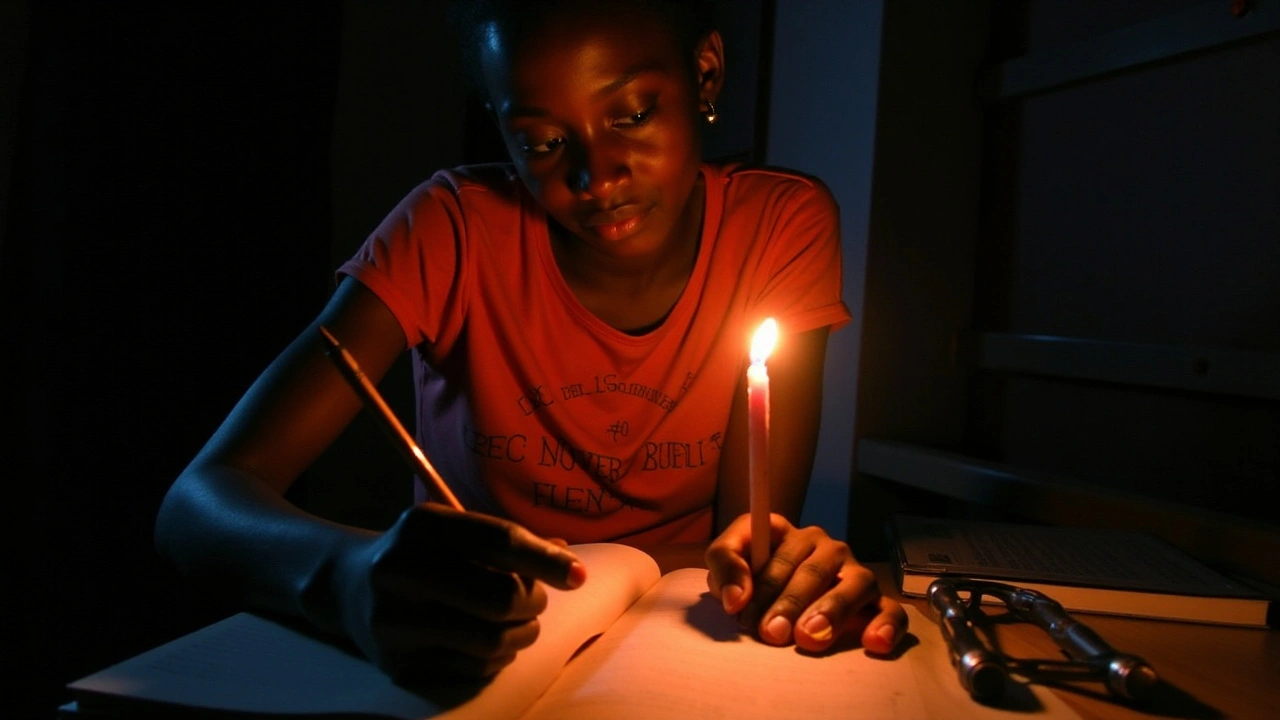Tariff Increase: What You Need to Know
Have you noticed prices creeping up lately? That’s often linked to a tariff increase, which means the government is raising taxes or duties on goods and services. In South Africa, this often shows up as an increase in the Value-Added Tax (VAT) or higher costs on imports, which trickle down to affect what you pay at the store or for utilities.
So, why does the government raise tariffs? Usually, it’s about boosting revenue to cover public spending needs, like healthcare, education, or infrastructure. They see it as a way to keep the country running smoothly, even if it means people pay a bit more.
How a Tariff Increase Hits Your Wallet
When tariffs go up, the cost to bring products into the country grows. Importers often pass these costs to consumers, pushing prices higher. For everyday folks, this can mean more expensive groceries, clothing, or even higher electricity bills if tariffs affect fuel or utility prices.
For instance, the planned VAT rise in South Africa aims to help the government fix budget shortfalls. But many argue it hits low-income households hardest since they spend a larger share of their income on essentials. To soften the blow, some essential foods might be zero-rated, meaning no extra tax on those items, but non-essential goods often get more expensive.
What Can You Do?
It’s normal to feel frustrated when prices go up, but knowing the reason helps. To manage, consider reviewing your budget, cutting back on non-essential purchases, or looking for local alternatives that might cost less. Keeping an eye on news from reliable sources like Local Morning Star News can help you stay informed about tariff changes and government policies affecting your costs.
In the end, tariff increases are part of broader economic choices made to balance the country’s finances. While they may sting a little now, understanding what’s happening puts you in a better spot to plan ahead and adjust your spending smartly.
Eskom's Load Shedding Alert Raises Alarm Amidst Tariff Increase Rejection
Eskom has sounded the alarm on the possibility of immediate load shedding due to the denial of a tariff increase, sparking concerns about South Africa's power stability. NERSA's rejection affects Eskom’s financial capacity to maintain and improve infrastructure, heightening the risk of unexpected power cuts. This highlights the persistent challenges in the energy sector and the crucial need for sustainable solutions to maintain a reliable supply.
Julian Parsons | Jan, 31 2025 Read More
